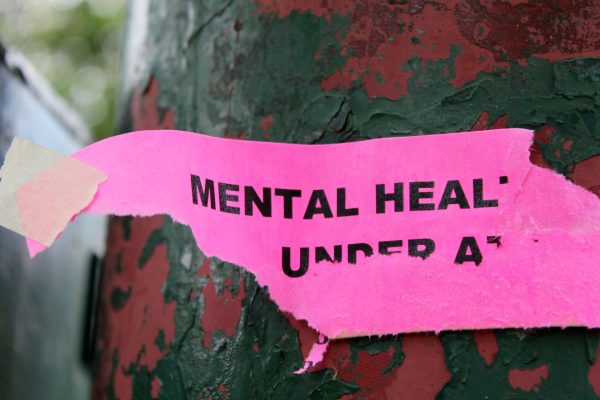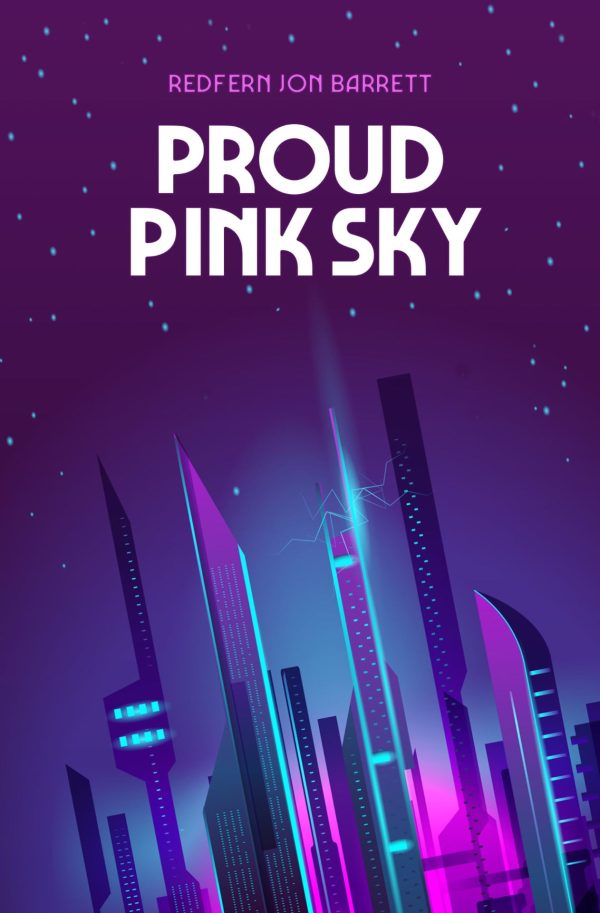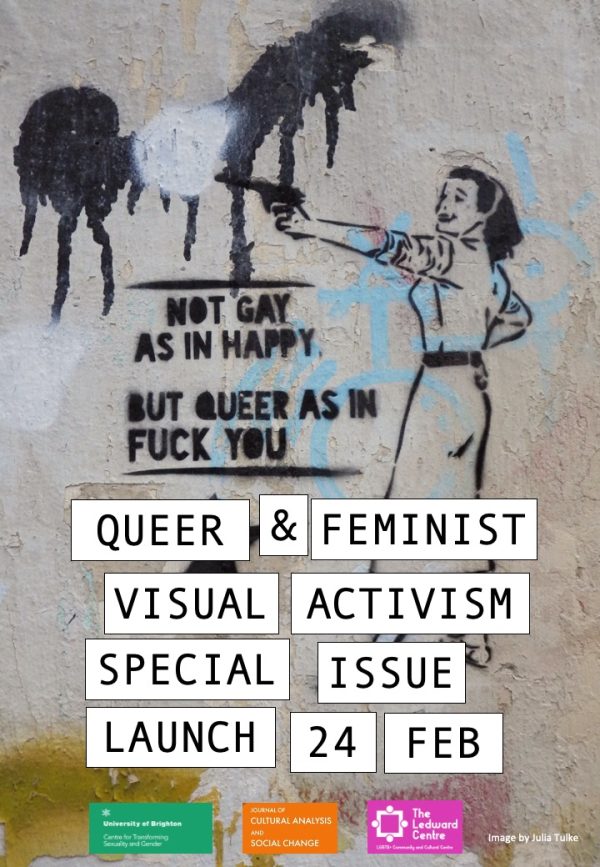Page 5 of 13
Join us for a conversation and Q&A with Professor Yvette Taylor (University of Strathclyde), author of Working-Class Queers: Time, Place and Politics (Pluto press 2023) about topics of queer life and social class in contemporary Britain.
Yvette Taylor is Professor of Education at the University of Strathclyde. She has worked with the Scottish Government researching LGBTQ+ lives in the pandemic, and with Scottish Ballet on Safe to be Me, exploring inclusive curriculum in schools. She is the author and co-editor of numerous books on queer life and class inequality, recently including Queer Precarities in and out of Higher Education, and The Handbook of Imposter Syndrome.
Online spaces have been crucial to the formation of trans identities and communities. Yet as Oliver Hamison et al. (2021) describe, for as long as trans communities have been online, trans content has been subject to restriction and censorship for its proximity to ‘adult’ material. This can create difficulty in sharing transition related educational or medical information on social media, and tensions over who should have access to it and what aspects, if any, of this information should be restricted or hidden from young people.
Our Post Doctoral Fellow Tomás Ojeda presents his current postdoctoral reserach considering:
What are the main challenges that mental health professionals face when working with LGBTIQ+ people?
What does it mean for them to work with a depathologising and affirmative approach?
What socio-political, cultural, economic and institutional contexts must be considered when thinking about this work?
We are delighted to announce that the Special Interest Group in Language, Gender and Sexuality of the BAAL is coming to Brighton on 2nd May 2023! With the help of CTSG, we will be welcoming scholars and their exciting research. This year’s topic is Dismantling the CIS-tem: queer and trans perspectives on language, gender, and sexuality.
Redfern Jon Barrett presents their work Proud Pink Sky breaks down the binary between utopia and dystopia—presenting an ambitopian vision of the world’s first gay state. A glittering metropolis of 24 million people, Berlin is a bustling world of pride parades, polyamorous trysts, and even an official gay language. Its distant radio broadcasts are a lifeline for teenagers William and Gareth, but is there a place for them in the deeply divided city? Meanwhile, young mother Cissie loves Berlin’s towering high rises and chaotic multiculturalism, yet she’s never left her heterosexual district—not until she discovers a walled-off slum of perpetual twilight, home to the city’s forbidden trans residents.
Challenging assumptions of sex and gender, Proud Pink Sky questions how much we must sacrifice to find identity and community.
This programme offers non-academic activists working around issues of gender and/or sexuality and disability a funded residency (1-2 months with flexibility) at the University of Brighton. The aim is to foster connections and intellectual and political exchange between academics and non-academic activists. Applicants don’t need any academic background or training, just a desire to develop and share activist knowledges around gender, sexuality and disability.
At this workshop participants will be invited to learn about Polari and its sociohistorical significance, engage in a creative writing exercise using Polari at its base, and develop skills in sharing your writing in an informal, non-judgemental way.
Join us to celebrate the launch of Global Queer and Feminist Visual Activism – A Special Issue of the Journal of Cultural Analysis and Social Change.
What is the role of visual culture and art in today’s global queer and feminist movements? Together with SEAS (Socially Engaged Art Salon) we invite you to an afternoon of sampling some of the content of this special issue which seeks to foreground queer and feminist visual activism from across the globe, with articles addressing work from South Africa, China, Brazil, Lebanon, Cote d’Ivoire, the UK, and the United States.
Brighton has a long history of association with sex and sexualities, and from the mid 20th century it became known as ‘gay and lesbian’ (and now LGBTQ) hotspot. As more LGBTQ people came to the city they made use of existing spaces for socialising, sex, activism, and community-building – and started to create their own spaces too.
This 90 minute guided walk around central Brighton will introduce you to the oldest and the newest LGBTQ spaces in the city. You’ll visit sites of
early discreet gay bars,
‘cottages’ used for public sex,
women’s and lesbian activism,
clubbing and partying,
and remembering those lost to HIV/AIDS.
Along the way you’ll learn about the differences in Brighton’s LGBTQ spaces over the past century, recent changes in their use, and the real concerns over their future.
We are pleased to annouce that we will continue with Outsiders, our conference for postgraduates, early-career researchers and community groups, themed around the queer intersections of sex and gender research. Please see the website for registration and call for participants…. Continue Reading →











